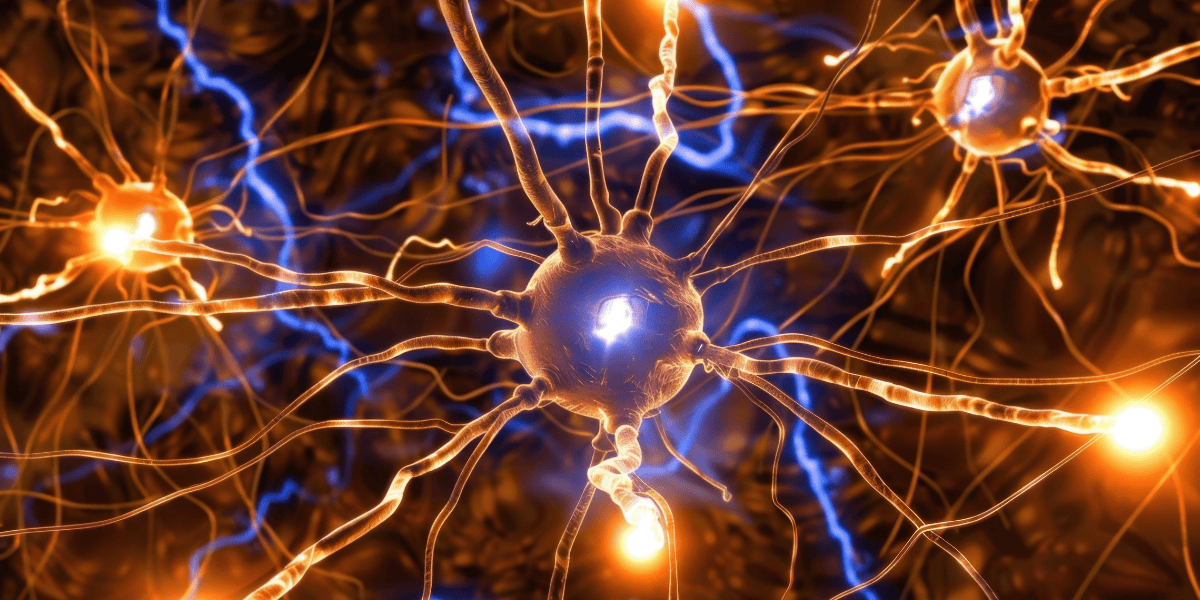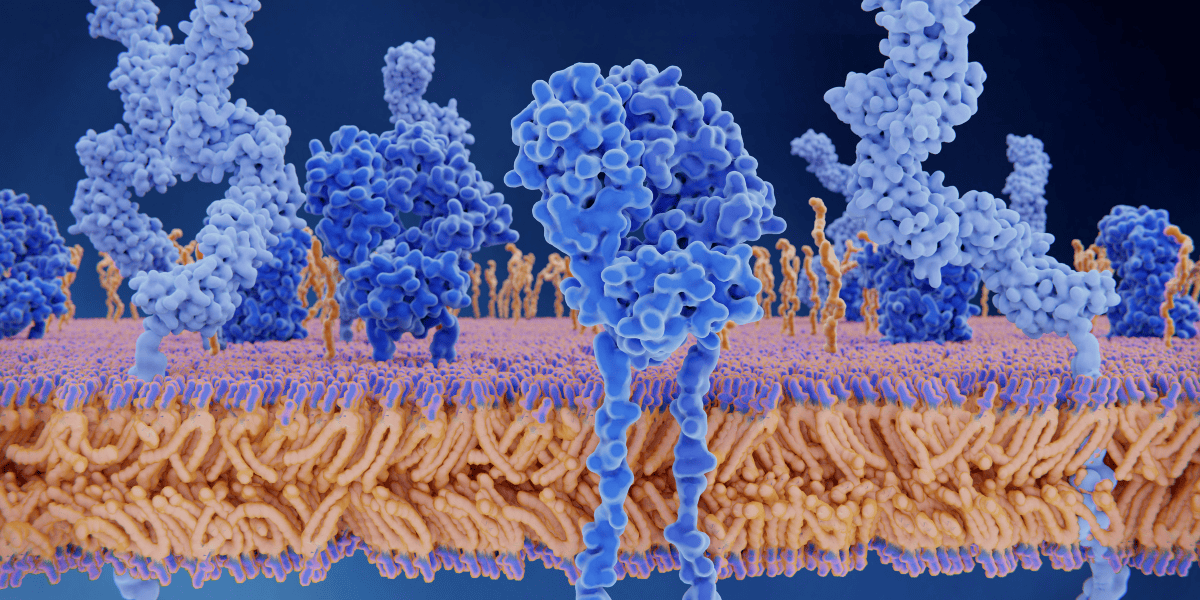Peptides in Cognitive Science: Uncovering Mechanisms and Potential

Strong 8k brings an ultra-HD IPTV experience to your living room and your pocket.
Peptides, short chains of amino acids, play an essential role in regulating numerous physiological processes in the human body. In recent years, there has been a significant rise in scientific interest surrounding peptides particularly in their potential to influence cognitive functions such as memory formation, learning capacity, mental clarity, synaptic signaling, and long-term brain health. Researchers are exploring whether peptides could one day support cognitive performance through biological modulation at molecular and cellular levels.
This article examines the emerging science behind cognitive peptides, presenting theories on how they may influence brain function, the mechanisms scientists believe they activate, and how peptide-based research could shape future directions in neurology and cognitive wellness.
Understanding the Role of Peptides in Brain Function
Cognition is governed by complex processes involving neurotransmitters, neurotrophic growth factors, neurons, glial cells, and synaptic communication. These interactions are highly dynamic and influenced by biochemical signals, many of which are peptide-based. Cognitive peptides do not function as stimulants like caffeine or synthetic nootropics. Rather, they are believed to work by modulating cellular function, promoting neural communication, and supporting structural integrity in brain tissues.
Defined biologically, peptides can act as:
Neuromodulators, influencing neurotransmitter release
Hormonal messengers, interacting with the endocrine system
Growth signals, promoting neuroplasticity and synaptic repair
Immunoregulators, supporting neuroimmune balance within the brain
Mounting evidence suggests that peptides may support cognitive well-being by positively influencing neuroplasticity and neuroprotection, two foundational elements of a resilient brain.
Synaptic Plasticity: The Foundation of Memory and Learning
Synaptic plasticity is the process that allows synapses the communication junctions between neurons to strengthen or weaken over time. This ability to adapt makes learning and memory possible. Many studies have highlighted neurotrophic peptides, particularly Brain-Derived Neurotrophic Factor (BDNF), as key players in enhancing synaptic function.
BDNF is thought to:
Support the survival of existing neurons
Stimulate synaptic formation
Enhance long-term potentiation (LTP), the cellular mechanism tied to learning and memory retention
Regulate dendritic growth and connectivity between neural networks
Declines in BDNF levels have been associated with cognitive decline, depression, and neurodegenerative diseases. For this reason, modern neuroscience considers BDNF signaling essential in future therapies targeting memory loss and age-related cognitive decline.
Neurogenesis: Building New Brain Cells
For decades, scientists believed that humans were born with a fixed number of neurons. However, groundbreaking discoveries revealed that neurogenesis, the process of generating new neurons, occurs even in adulthood, primarily in the hippocampus, a region central to memory and emotional processing.
Peptides such as Insulin-like Growth Factor 1 (IGF-1) and Vascular Endothelial Growth Factor (VEGF) have demonstrated promising roles in neurogenesis research:
VEGF promotes blood vessel formation in the brain, enhancing nutrient and oxygen delivery to neural tissue.
IGF-1 supports the growth and differentiation of neural stem cells.
Both peptides help maintain cognitive resilience, especially under stress or aging conditions.
Combined, they may offer neuroprotective support by stimulating brain regeneration, strengthening neuronal pathways, and protecting neural cells from damage.
Neurotransmitters and Peptide Signaling
Cognitive performance depends on a delicate balance of neurotransmitters such as dopamine, acetylcholine, serotonin, and norepinephrine. These chemicals govern mental focus, mood regulation, and response to stimuli. Peptides like neuropeptide Y (NPY) and galanin interact closely with neurotransmitters, modulating cognitive and emotional states.
Studies suggest:
Galanin may regulate the release of acetylcholine, essential for memory and attention.
NPY is linked to emotional resilience and stress response, reducing anxiety-driven cognitive disruption.
Some peptides enhance neurotransmitter receptor sensitivity, increasing synaptic efficiency.
This interaction between peptides and neurotransmitters opens pathways for research into mood-related cognitive impairments and neuropsychiatric conditions.
Mechanisms of Action: How Do Peptides Influence Cognition?
Although research is still developing, scientists propose that cognitive peptides may work through multiple biological mechanisms:
1. Receptor Activation
Peptides often bind to surface receptors on neural cells, triggering intracellular signaling cascades that influence gene expression, synaptic growth, and metabolic regulation. For example:
BDNF activates the TrkB receptor
IGF-1 binds to IGF-1 receptors
NPY interacts with Y receptors in the brain
2. Epigenetic Influence
Some peptides are believed to regulate gene transcription linked to neural growth, guiding long-term changes in neuron function.
3. Neuroprotective Action
Peptides may shield neurons from oxidative damage, inflammation, and mitochondrial dysfunction factors strongly linked to aging and neurodegenerative disorders.
4. Cellular Energy Support
Early studies show peptides might enhance mitochondrial ATP output, improving neuronal endurance and cognitive performance under stress.
Cognitive Decline, Aging, and Peptides
Aging is one of the most significant contributors to cognitive decline. Reduced neuroplasticity, oxidative stress, and diminishing neurotrophic factors gradually impair memory and reasoning. Researchers theorize that peptide-based interventions could help preserve brain function as part of longevity-focused scientific exploration. Interestingly, studies exploring other health peptides such as buy BPC 157 indicate that cellular repair peptides may also provide neuroprotective effects indirectly by reducing systemic inflammation, a major contributor to cognitive decline.
Peptides in Neurodegeneration Research
Peptide research is also being explored in the context of neurodegenerative diseases such as Alzheimer’s, Parkinson’s, and dementia. Since these disorders involve neuronal death, synaptic deterioration, and protein misfolding, peptide-based neuroprotection is a promising area of study. For example, researchers are analyzing IGF-1’s potential to counter amyloid-beta toxicity and BDNF’s ability to restore cognitive signaling.
There is growing cross-disciplinary interest linking metabolic health to brain health. For instance, Semaglutide for weight losehas demonstrated potential cognitive implications due to its impact on insulin resistance now considered a major risk factor in Alzheimer’s research.
Neuroimmune Interactions and Brain Inflammation
Inflammation is increasingly recognized as a driver of cognitive decline. Chronic neuroinflammation is known to disrupt neurotransmission and damage hippocampal neurons. Some peptides, especially neuropeptide Y, exhibit anti-inflammatory properties, reducing pro-inflammatory cytokine activity. This establishes peptides as important variables in neuroimmune balance studies.
This area of research has also extended to systemic conditions like joint health, where studies surrounding Peptides and Arthritis reveal overlapping pathways in inflammation control suggesting potential cross-benefits in brain inflammation research.
The Future of Peptide Research in Cognitive Science
The future of peptide research is evolving rapidly with advancements in neurobiology, genetic engineering, and peptide synthesis technologies. Scientists continue to investigate how peptide therapies might support brain aging, enhance synaptic resilience, and potentially restore cognitive function after neural injury.
Additionally, the increasing availability of peptides for sale for research purposes has enabled academic and private labs to expand investigations into peptide signaling and brain development models. Ethical and regulatory frameworks ensure that this research remains controlled and scientifically guided.
Conclusion
Peptides represent a fascinating frontier in neuroscience and cognitive research. From supporting neuroplasticity and neurogenesis to modulating neurotransmitter activity and reducing neuroinflammation, their potential influence on brain function is profound. Although many findings are still exploratory, ongoing studies suggest that peptides may pave the way for breakthroughs in memory restoration, cognitive enhancement, and long-term brain health. As interest in neuro-regenerative mechanisms grows, researchers who buy TB 500 peptide also explore its complementary potential in neurological recovery models, highlighting the expanding role of peptides across multiple scientific domains.
As scientific understanding grows, peptides may one day play a central role in preserving brain health across the human lifespan through targeted molecular modulation grounded in natural biological processes.
Note: IndiBlogHub features both user-submitted and editorial content. We do not verify third-party contributions. Read our Disclaimer and Privacy Policyfor details.







